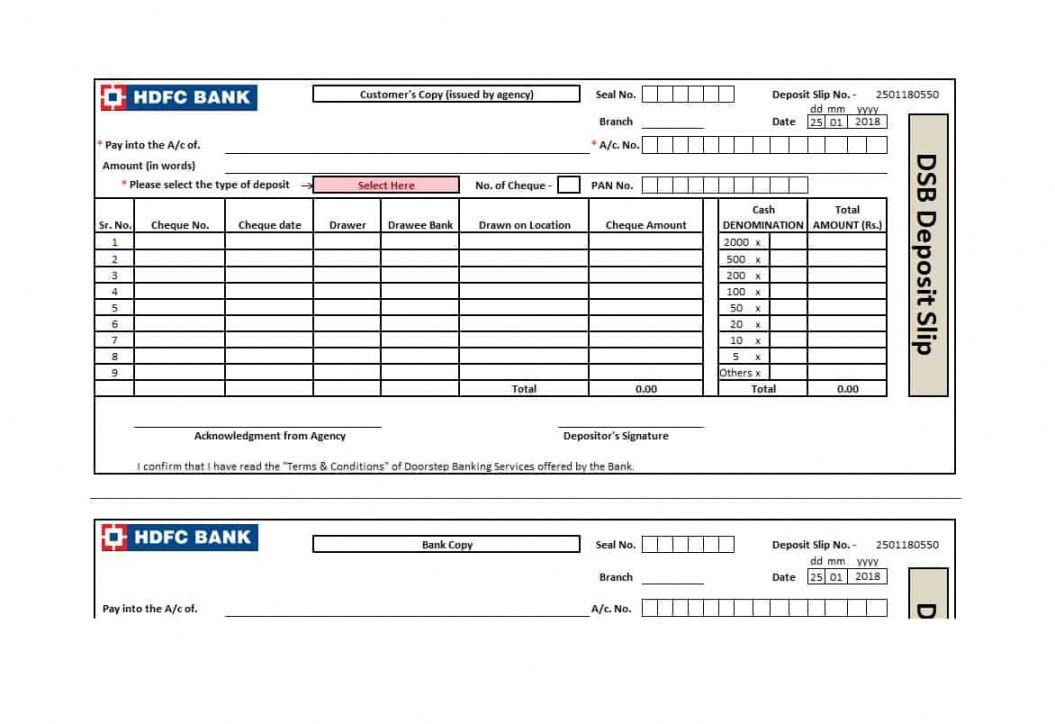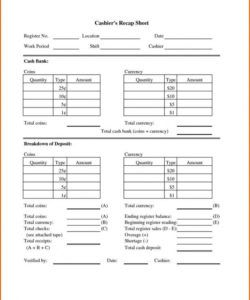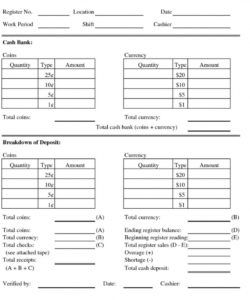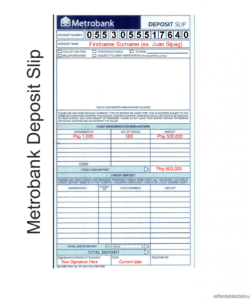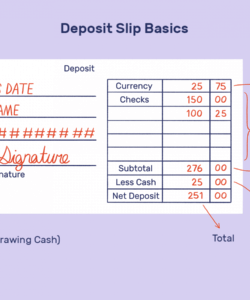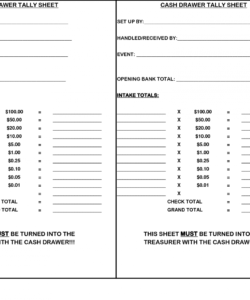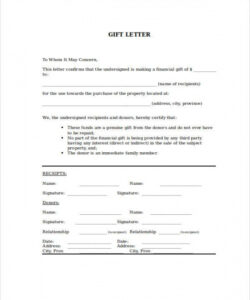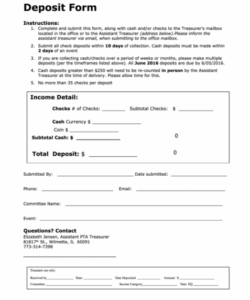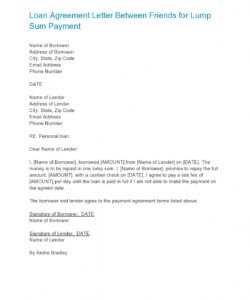Cash deposit breakdown template, Lanlord or renter Law is not one of my general regions of practice, but just like each lawyer, I have friends who frequently ask my advice about legal problems with which they are faced. Recently, a friend asked for my help in corresponding with her former landlord seeing fees taken from her rental security deposit she believed were unwarranted.
As landlord/tenant problems are among the most common legal questions I get from friends, I’d love to discuss rights and responsibilities concerning security deposits in this post. At the end I shall include a sample letter you can send to your landlord for return of your deposit. Please note all info in this post is unique to California law. The laws of your state or authority may differ. Many states provide renter’s handbooks that would consist of significant laws, or you need to contact a lawyer licensed in your jurisdiction for aid.
A landlord has 28 days to register a deposit with either a custodial or insurance type strategy. Information regarding the registration of this deposit must be provided to the tenant. Under the Housing Act there is a prescribed format for information to be provided. The landlord could be taken to court by the tenant where the information has not been provided in the correct format. Tenants have the right to return six years prior to taking action against the landlord.
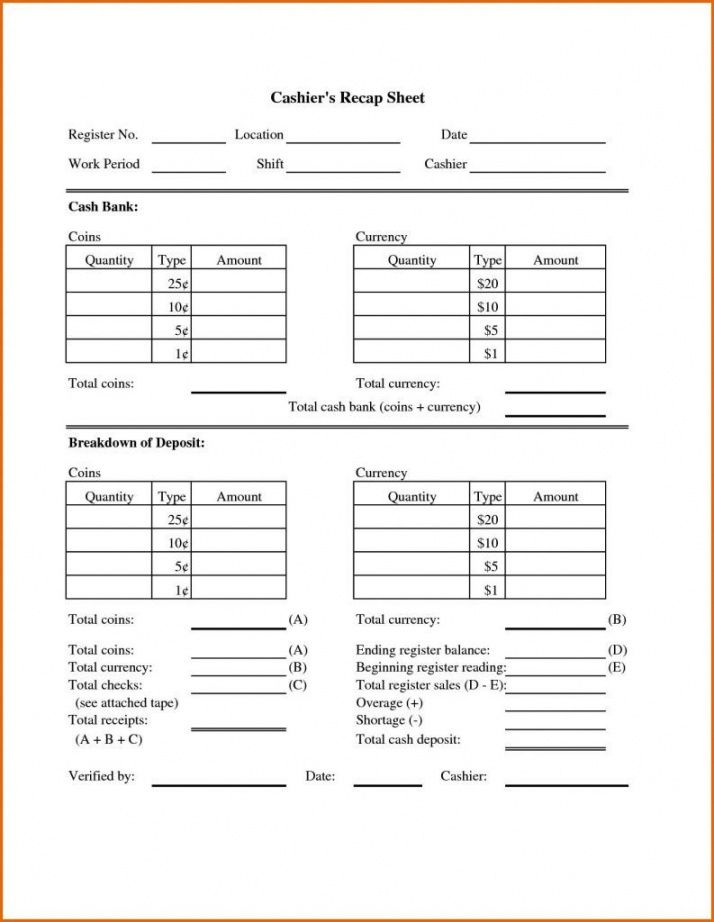
Where the landlord fails to enroll the bond there are penalties. The landlord can have to pay the tenant a sum three times greater than the deposit; or they can be required to pay back all lease and a punishment or the landlord could lose the right to evict the tenant from the property the choice on the fee is taken by the court. Some landlords say they don’t take deposits they only ask the tenant to pay two weeks rent in advance. If the tenant pays rent monthly along with the landlord always has a float of one month’s lease this is the same as taking a deposit and the rules concerning failure to enroll a deposit will apply.

